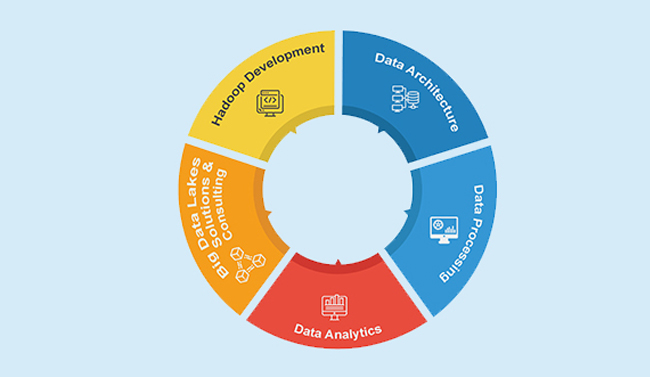The Benefits of Outsourcing Data Engineering Solutions
In today’s rapidly evolving business landscape, data is at the heart of strategic decision-making. As companies navigate the complexities of managing and analyzing vast amounts of data, outsourcing data engineering solutions has emerged as a compelling strategy. This article explores the numerous benefits that outsourcing can bring to a company’s data engineering endeavors.
Cost Efficiency
One of the primary advantages of outsourcing data engineering is the potential for significant cost savings. Establishing an in-house data engineering team requires substantial investment in recruitment, training, and infrastructure. Outsourcing allows companies to tap into a pool of specialized talent without the overhead costs associated with building and maintaining an internal team. Moreover, outsourcing partners often operate in regions with lower labor costs, providing a cost-effective solution for businesses of all sizes.
Access to Specialized Expertise
Data engineering is a complex field that demands a deep understanding of various technologies, frameworks, and methodologies. Outsourcing companies typically employ experts with diverse skill sets, offering a level of expertise that may be challenging to assemble in-house. This access to specialized knowledge ensures that data engineering tasks are handled with efficiency and precision, leading to better outcomes for the organization.
Scalability and Flexibility
Outsourcing data engineering solutions provide a scalable and flexible approach to managing data-related projects. Whether a company is dealing with a sudden surge in data volume or embarking on a new initiative, outsourcing partners can quickly adapt to changing requirements. This scalability ensures that organizations can respond promptly to market dynamics without the constraints of an inflexible internal team.
Faster Time-to-Market
In the fast-paced business environment, time-to-market can make the difference between success and missed opportunities. Outsourcing accelerates the development and deployment of data engineering solutions. With a dedicated team focused solely on the project, companies can streamline processes and meet deadlines more efficiently. This agility in execution allows businesses to stay ahead of the competition and capitalize on emerging trends.
Reduced Risk and Compliance Management
Data security and compliance are paramount concerns for any organization handling sensitive information. Outsourcing data engineering to a reputable partner often means entrusting tasks to professionals well-versed in industry regulations and best practices. This reduces the risk of data breaches and non-compliance issues. Outsourcing companies invest in robust security measures and regularly update their protocols to stay abreast of the latest threats, providing an added layer of protection for the client’s data.
Focus on Core Competencies
By outsourcing data engineering functions, companies can free up internal resources to concentrate on their core competencies. This strategic shift allows organizations to channel their energy and expertise into areas that directly contribute to their competitive advantage and overall business goals. Rather than spreading resources thin on non-core activities, companies can enhance their value proposition and differentiation in the market.
Conclusion
Outsourcing data engineering solutions is not merely a cost-cutting measure but a strategic move that unlocks a myriad of benefits. From accessing specialized expertise to fostering scalability and flexibility, outsourcing empowers companies to navigate the data landscape with agility and efficiency. As businesses continue to recognize the centrality of data in decision-making, outsourcing data engineering emerges as a pivotal strategy for those aiming to stay ahead in the ever-evolving digital landscape.

